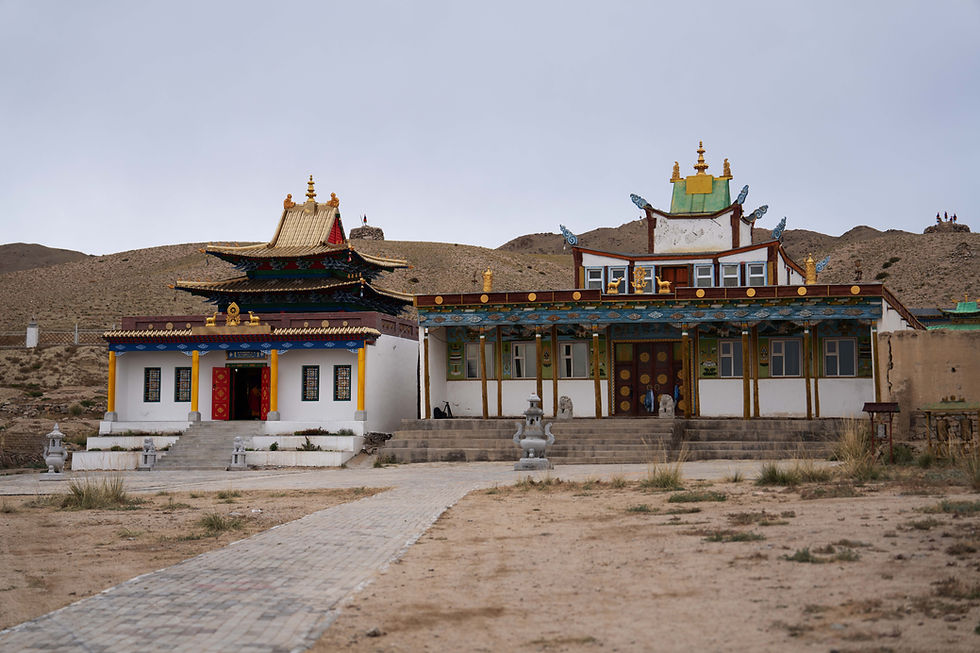MAK's Commitment to Green Development: Over 200,000 Trees Planted
- Ariunbold Batchuluun
- Oct 16, 2024
- 2 min read
MAK Company, guided by its long-term strategy of "30 Years of Striving for Green Development," actively participates in Mongolia’s "Billion Tree" national movement. This initiative was launched following the commitment made by President Khurelsukh Ukhnaa at the COP26 Climate Change Conference to plant one billion trees by 2030 to combat climate change and reduce emissions.

In alignment with this national goal, MAK has established an annual tradition, "Planting Trees for All," engaging its employees and their families. The company collaborates with professional organizations to plant trees in key areas, including 20 hectares within the Bogd Khan Mountain Nature Reserve and the Gorkhi-Terelj National Park. On Universal Tree Planting Day, over 100 MAK employees planted approximately 1,500 trees in the Zalaat region of Bogd Khan Mountain, using "Eco Gumat" fertilizer derived from Aduunchuluun lignite, provided by "True TRC" LLC, a valued research and analysis partner.
Since its inception, MAK has planted over 200,000 trees, representing more than 30 species, across its factories, mines, and project sites. These efforts, combined with ongoing maintenance and monitoring, have resulted in successful growth, creating green spaces that collectively absorb approximately 5,000 tons of CO2 annually.
As a leader in responsible mining, MAK prioritizes planting native species suited to the local environment. In the Gobi region, trees such as cypress, elm, and tamarisk are cultivated, while in the central region, ornamental and fruit-bearing trees like poplar, almond, and bird cherry are planted. Additionally, MAK has implemented both technological and biological restoration efforts in abandoned mining areas. For example:
Naryn Sukhait Mine: Following the technical standards of MNS 5916:2008, restoration work commenced in 2023. This includes planting perennial grasses and elm trees in damaged areas.
Eldev Mine: Biological rehabilitation was conducted between 2010 and 2013, with monitoring and maintenance extending until 2021. The restored area, showing an 85% growth success rate, was handed over to the local community. This initiative included planting over 32,000 trees and shrubs from six species across 105 hectares. Furthermore, a 6.6-hectare reservoir was created, populated with 20 Khuvsgul whitefish and approximately 50 herring from the Kherlen River.
Through these efforts, MAK demonstrates its unwavering commitment to sustainability, environmental restoration, and creating a greener future for Mongolia.
















